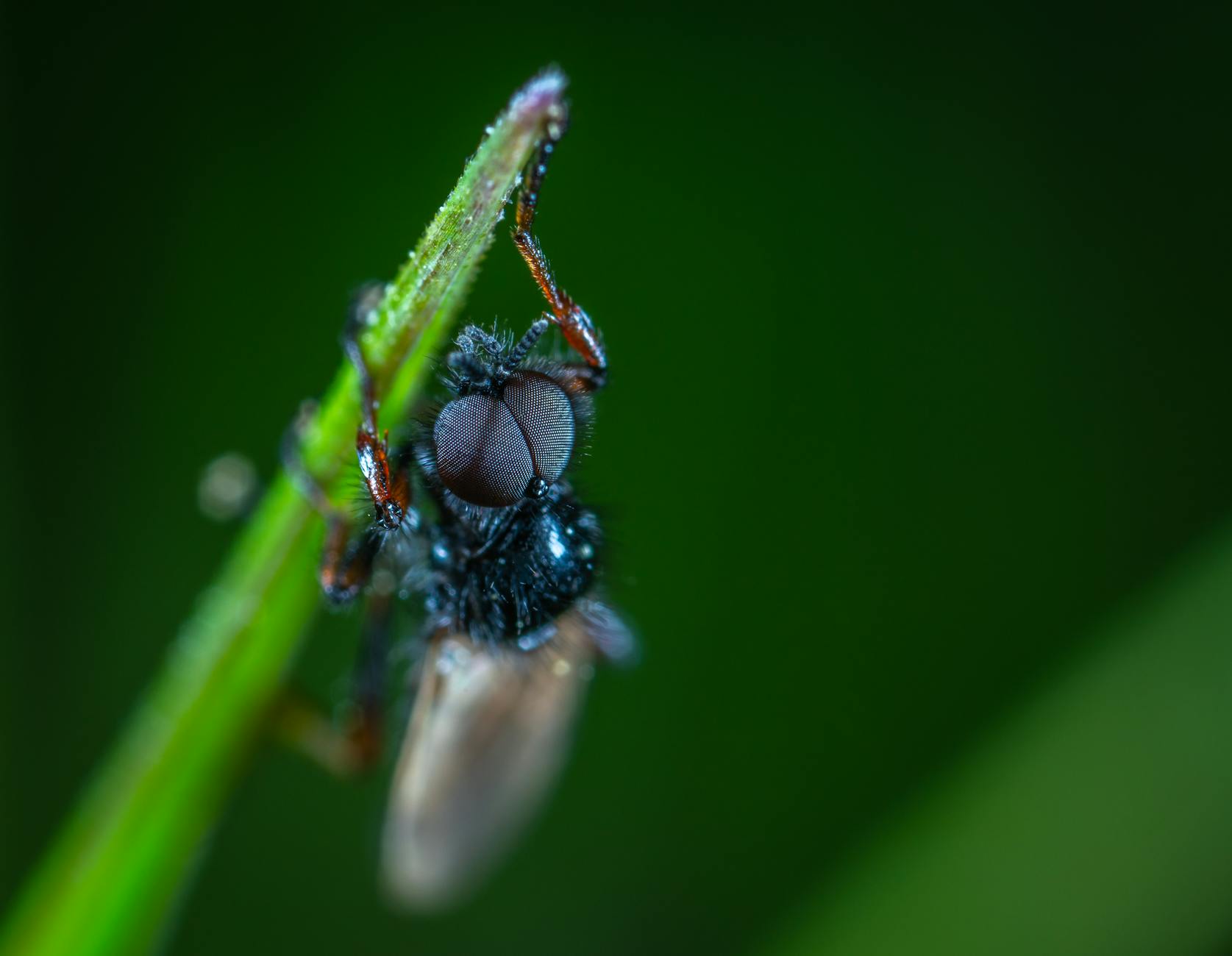Onchocerciasis, also called river blindness, is a long-term infection caused by a parasite called Onchocerca volvulus, which is spread through the bite of a black fly found near fast-flowing rivers. The parasite can affect both the skin and the eyes, sometimes leading to blindness if untreated.
If you think you might have onchocerciasis, you can get personalised guidance from a licensed doctor through Hope Plus. They can advise you on managing symptoms, preventing complications, and protecting your vision.
Symptoms You Might Notice
- Skin changes:
- Small, painless lumps under the skin called onchocercomas, usually on hips, ribs, or the skull.
- Intense itching and rashes caused by the parasite’s larvae (microfilariae).
- Over time, skin can become dry, thickened, and peeling, sometimes with patches of lighter skin (“lizard skin”).
- Eye problems:
- Inflammation of different parts of the eye can cause blurred vision, visual disturbances, and in severe cases, blindness.
How It Is Diagnosed
- A small skin sample may be taken to detect microfilariae.
- Blood tests may show high levels of certain white blood cells (eosinophils).
- Eye examination can detect microfilariae in the eye.
- Occasionally, nodules may be removed to check for adult worms.
Treatment Options
- For individual cases:
- Doxycycline for 6 weeks followed by a single dose of Ivermectin.
- Mass treatment in communities:
- Ivermectin once a year for 10–14 years to prevent spread and reduce complications.
- Dosing is based on height:
- 158 cm: 12 mg
- 141–158 cm: 9 mg
- 120–140 cm: 6 mg
- 90–119 cm: 3 mg
- <90 cm: Not recommended
- Safety notes: Ivermectin is not recommended for children under 5, pregnant or breastfeeding women. Avoid food or alcohol within 2 hours of taking the medicine.
Prevention Tips
- Avoid black fly bites by wearing protective clothing and using insect repellents.
- Community-wide preventive treatment programs can reduce the risk of infection.
- Controlling the black fly population near rivers can also help prevent disease.


